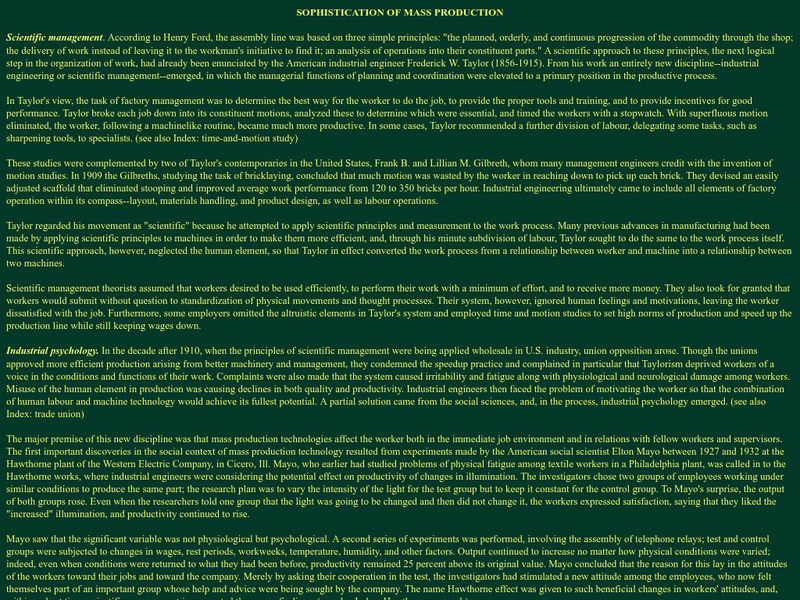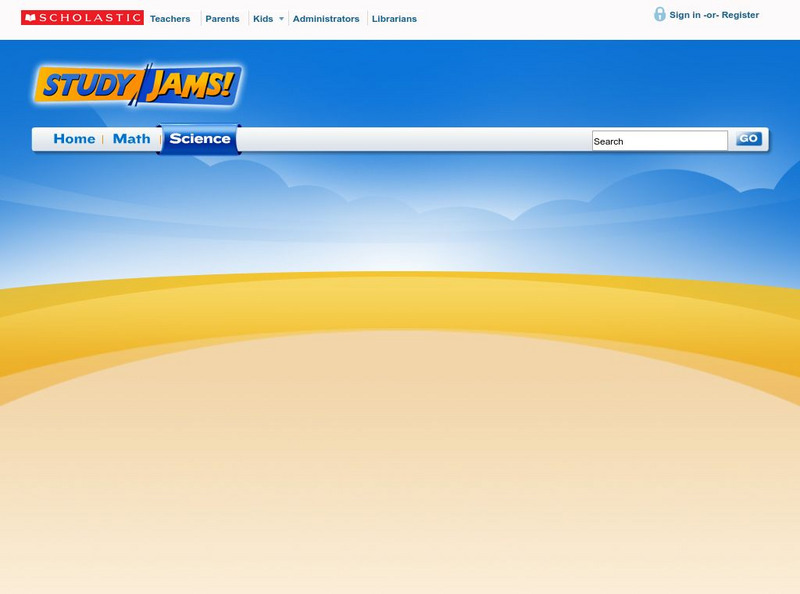Hi, what do you want to do?
Georgia State University
Georgia State University: Eco Connections: Conservation of Resources
During our exploration of each previous lesson, we have learned about many of the factors that contribute to the ongoing destruction of our environment. In our final lesson, we will make a holistic appraisal of the impact that each of...
Other
The Sustainable Scale Project: Ecological Footprint
The Ecological Footprint is rooted in the fact that all renewable resources come from the earth. It accounts for the flows of energy and matter to and from any defined economy and converts these into the corresponding land/water area...
Energy for Sustainable Development
Kids and Energy: Hydro Energy
Hydropower is a clean, renewable and reliable energy source which converts kinetic energy from falling water into electricity, without consuming more water than is produced by nature. Quite simply the oldest method by which renewable...
Utah Education Network
Uen: Biological Energy Food Chain Practice
After reviewing the roles of consumers, producers and decomposers, you'll create your own food chains using pictures from magazines. The site also has 18 questions to see if you can identify the ecologic role played by various organisms.
Science Education Resource Center at Carleton College
Serc: Investigating Discovering What Plants Need for Photosynthesis
This activity will be used prior to any direct instruction for photosynthesis. In this inquiry lab, students design and conduct simple experiments using elodea and Bromthymol blue to determine whether plants consume or release carbon...
University of North Carolina
University of North Carolina: Perfect Competition
This site shows cost curves for a firm in a perfectly competitive market, and has an interactive graph to show what their profit margin is at various levels of production.
Council for Economic Education
Econ Ed Link: Chevy Volt It's Electric!
The costs and benefits of owning an electric or hybrid car will be evaluated in this lesson. By reading and researching the history of the production of electric cars, the lesson allows students to understand how this market has developed.
Science Education Resource Center at Carleton College
Serc: Investigating Ecosystems:determining Feeding Relationships Among Organisms
In this lab, learners will complete a field study about feeding relationships between organisms and present their findings in a food web as well as in a written narrative.
TED Talks
Ted: Ted Ed: Mc Donald's Cup Sizes Around the World
Ready to super size that soda? Buzzfeed produced this clever video comparing the various soda cup sizes from countries around the world. Which country has largest option to consume soda? [1:05]
Other
Management Control: Scientific Management
A look at the ideas of scientific management in mass producing products in the early 20th century. Includes ideas of Henry Ford, Frederick Taylor, and Elton Mayo.
Soft Schools
Soft Schools: Ecology Quiz
Take this interactive, multiple-choice quiz over concepts in ecology, then review your score and any missed questions at the end.
Tutor2u
Tutor2u: Market Failure Positive Externalities
This site examines how society can benefit by producing and consuming more of a product that causes a positive externality.
Scholastic
Scholastic: Study Jams! Science: Ecosystems: Food Chains
A video and a short multiple-choice quiz on food chains that explains how energy flows through the chain, beginning with plants.
University of Utah
University of Utah: Learning Center: learn.genetics: Great Salt Lake Food Web
Visualize how energy transfer takes place in two linked food chains, and how it demonstrates the interdependence organisms of the Great Salt Lake.
E-learning for Kids
E Learning for Kids: Science: South Africa: How Do Organisms Get Their Energy?
Join Ellen on her trip to the Kaap De Goede Hoop in South Africa, and learn more about plants, animals, and energy.
Science Education Resource Center at Carleton College
Serc: Food Chains: Nature's Restaurant
Students begin this instructional activity by making observations and recording evidence of the variety of living things in local nature site. Students use reference materials to research predators and food of the animals they observed,...



















